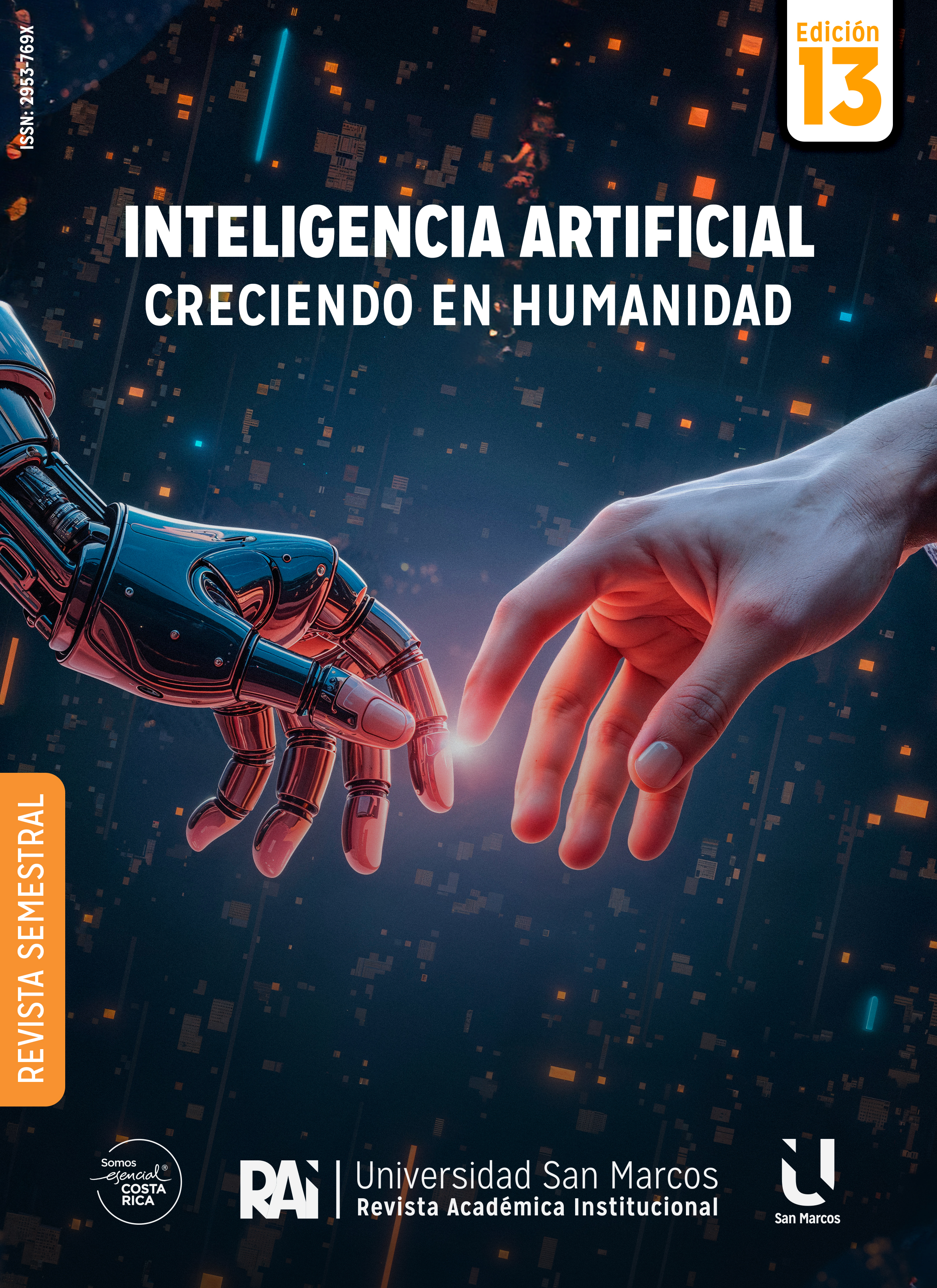Use of (AI) in the EFL teaching field to improve written and oral communication at a university level
DOI:
https://doi.org/10.64183/h6ak3v95Keywords:
Artificial Intelligence (AI), Communication, Communication barriers, Personal and professional development, English Language TeachingAbstract
This present article evaluates the integration of Artificial Intelligence (AI) tools, which can help boost oral communication, especially when speaking about the English language. These tools help students in improving both oral and written communicative skills, which make their implementation highly relevant at the higher education level. Furthermore, several technological applications are examined, as they facilitate practice, support motivation, and reinforce engagement, all of which contribute to continuous learning. Moreover, the impact of these tools on the communicative fluency of university students is examined, focusing on the availability of such resources and the preparation of educators in the teaching-learning process. The findings suggest that the appropriate use of these tools can reinforce communicative abilities according to every individual's needs, which result in personalized feedback. If well-applied, this type of feedback could become standardized, leading to better or positive outcomes. In fact, communication plays an essential role since it is fundamental to the successful use of language of any activity, role, or task. This method aims to reduce communication barriers and offers new opportunities for the academic and professional growth of students.
Downloads
Downloads
Published
Issue
Section
License
Copyright (c) 2025 Revista Académica Institucional

This work is licensed under a Creative Commons Attribution-NonCommercial-NoDerivatives 4.0 International License.





